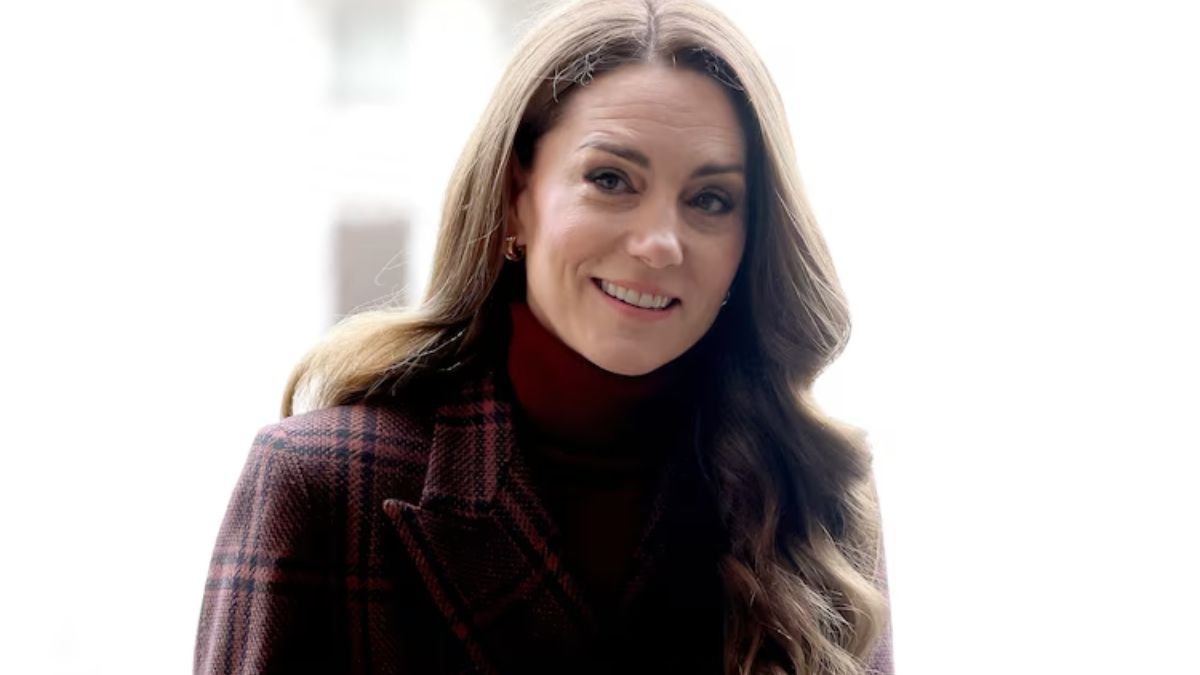Several parliamentary committees and delegations are holding sessions addressing gender equality issues in their policy areas to mark the fourth European Gender Equality Week, as explained in this video by Evelyn Regner (S&D, Austria), Vice-President responsible for Gender Equality Week.
To highlight a few of the many events taking place, the Fisheries Committee will discuss with the UN Food and Agriculture Organisation women in agri-food systems, focusing on gender equality in fisheries and aquaculture on Monday afternoon. The International Trade Committee will look at the impact of EU trade policies on gender on Tuesday morning. On Wednesday, the Subcommittee on Public Health will discuss women, power and cancer, while the Committee on Industry, Research and Energy will consider a gender-equal transition to clean energy.
The Women’s Rights and Gender Equality Committee will hold several events, including with the Economic and Monetary Affairs Committee on Tuesday, where they will discuss the challenges ahead for women in finance and economics. On Tuesday afternoon, the Director of the European Institute for Gender Equality (EIGE), Carlien Scheele, will present the findings of the 2023 Gender Equality Index, which is focussed this year on a socially fair transition to the Green Deal. Jointly with the Constitutional Affairs Committee, MEPs will examine how to support women to take part in politics at national and local level.
For details on these and all of the other events being organised by the committees and delegations participating, click here.
You can watch these events live via webstreaming on the EP Multimedia Centre.
Quote
Chair of the Women’s Rights and Gender Equality Committee Robert Biedron (S&D, Poland) said: “Gender equality and equity are a shared responsibility that we must embrace in every facet of our work. I am extremely proud to see that every year this important initiative, started by the Women’s Rights and Gender Equality Committee four years ago, gains more and more interest, not only within the European Parliament—among the committees, delegations, and political groups—but also among other EU institutions, agencies, and national parliaments.”


)




